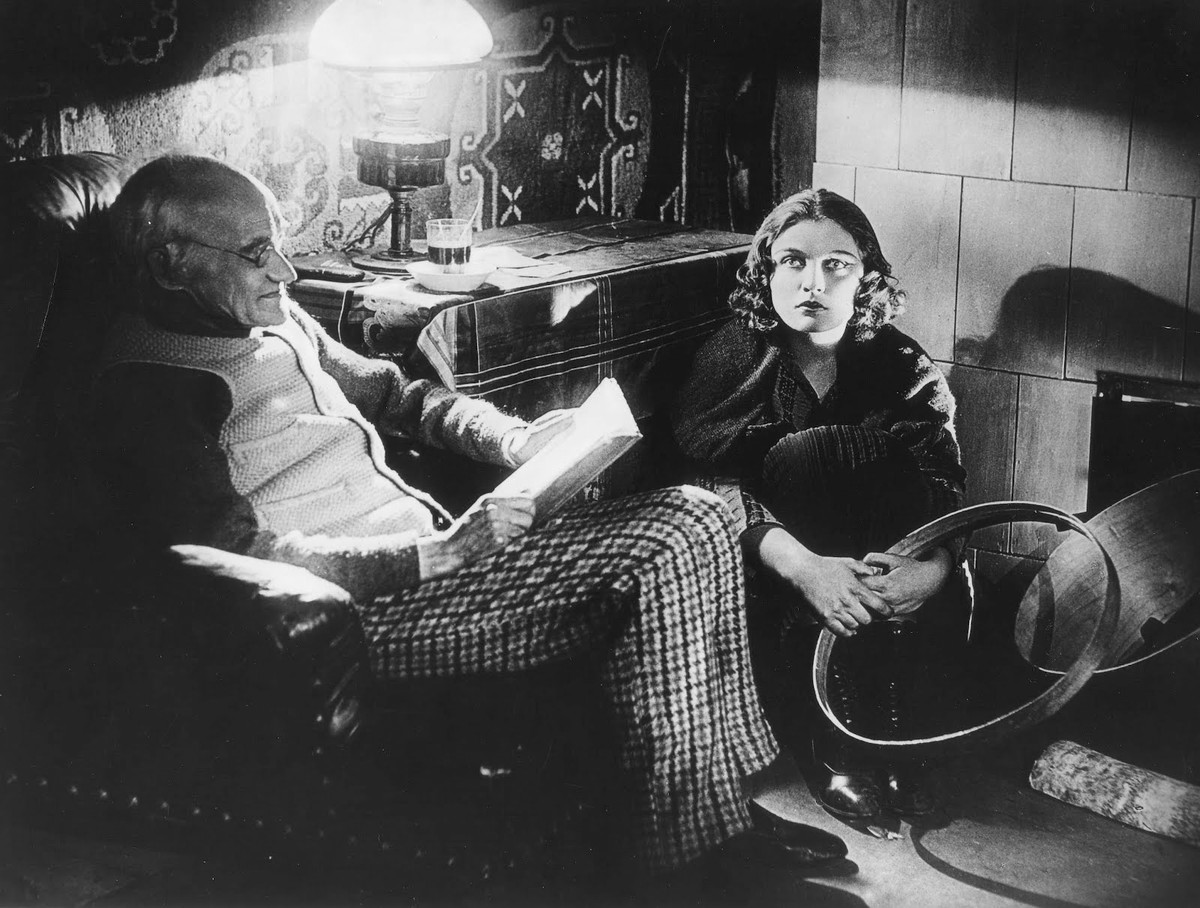STUMMFILM UM MITTERNACHT:
Das Mädchen mit der Hutschachtel [Devuska s korobkoj] [OmeU], UdSSR, 1927, R: Boris Barnet mit Anna Sten, Iwan Kowal-Samborski, Wladimir Fogel, 99 Min, Live am Piano Ekkehard Wökl, Eintritt frei Admission free!
Findet man das kleine Glück in der grossen Stadt? Die junge Hutmacherin Natascha, die mit ihrem Grossvater in einem winterlich eingeschneiten Vorort lebt, muss mit dem Zug vom Dorf nach Moskau pendeln, um ihre Kreationen im Hutladen der extravaganten Frau Irene abzuliefern. Diese führt Natascha gegenüber der Verwaltung als Untermieterin, um mehr Wohnraum beanspruchen zu können.
Der tollpatschige Bahnbeamte umwirbt das reizende Mädchen vom Land mit seinem hinreissenden Lächeln. Sie aber geht eine Scheinehe mit dem Provinzler Ilja ein und verschafft ihm so ein Zimmer in Moskau. Mit einem scheinbar wertlosen Lotterieschein, den Irenes Gatte Natascha überlässt, werden die Verstrickungen turbulent. Stilsicher und sozialkritisch beschreibt Boris Barnet die Kontraste zwischen Stadt und Land und die neuen Lebensumstände in Moskau.
Drei grosse Schauspieltalente, Anna Stén, Iwan Kowal-Samborski und Wladimir Fogel, bilden das Dreieck der Beziehungen. Ursprünglich als Vehikel zur Bewerbung der Staatslotterie bestellt, machte der Film das Studio reich und das Regie-Naturtalent Boris Barnet als Begründer der lyrischen Komödie berühmt.
ENGL.
Can you find happiness in the big city? The young hat maker Natascha, who lives with her grandfather in a snow-covered suburb in winter, has to commute by train from the village to Moscow to deliver her creations to the hat shop of the extravagant Mrs Irene. She lists Natascha as a subtenant with the administration so that she can claim more living space.
The clumsy railway official woos the charming country girl with his captivating smile. But she enters into a marriage of convenience with the provincial Ilya and gets him a room in Moscow. With a seemingly worthless lottery ticket that Irene's husband gives to Natasha, the entanglements become turbulent. Boris Barnet describes the contrasts between city and country and the new living conditions in Moscow in a stylish and socially critical manner.
Three great acting talents, Anna Stén, Ivan Koval-Samborsky and Vladimir Fogel, form the triangle of relationships. Originally commissioned as a vehicle to promote the state lottery, the film made the studio rich and the natural director Boris Barnet famous as the founder of lyrical comedy.
